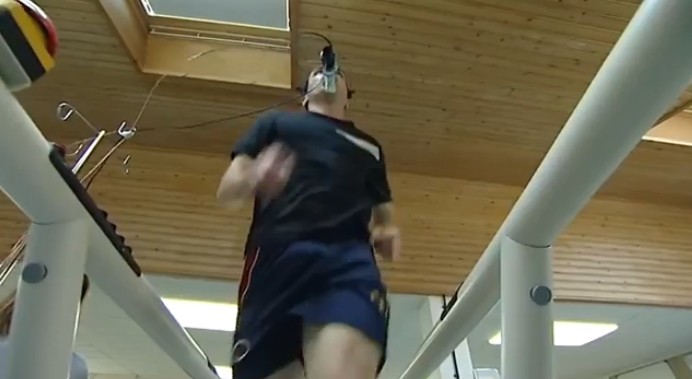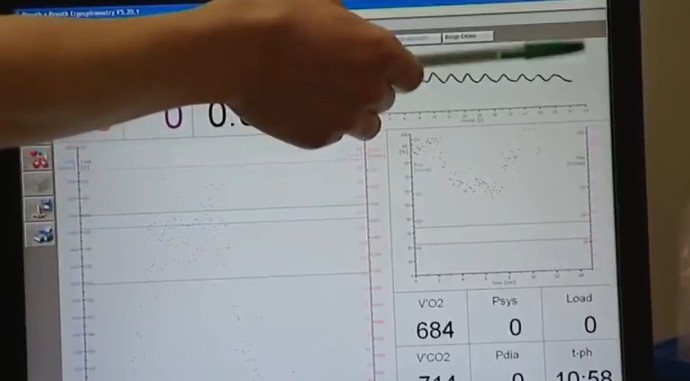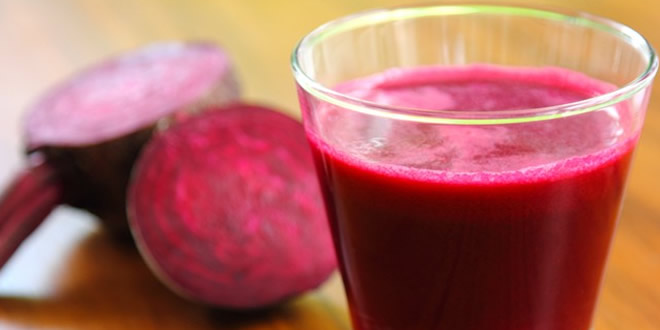In what sport could you not use a 20 percent boost in performance? Scientists have found a food that does just that — the beet. And the why? It’s a root that naturally contains high levels on nitrates.
“This is one of the sports nutrition stories of the decade,” Dr. Andy Jones of England’s University of Exeter said of his teams work. “I think this is one of these discoveries, for want of a better word, that transcends — it’s not just performance, but it has a health application and implication as well.”
Part of the energy cost of athletic performance is in oxygen — the body burns through oxygen as it works. If performance consumes less oxygen, the body can work for longer before fatiguing. One way to do this is to increase blood flow to transport oxygen. Nitrates do just that: they increase blood flow plus dilate blood vessels, so the workload of the heart is reduced so it can better deliver oxygen to the muscles that burn it.
Other research has found that drinking a glass (about half a liter) of beetroot juice every day lowers blood pressure by about seven percent.
The team had study participants drink beetroot juice for two weeks. Then these participants hit the gym with their lowered blood pressure and dilated blood vessels to exercise, hooked up to performance-measuring equipment. When they did, their blood vessels dilated more easily and their hearts consumed less oxygen.
“We found a significant reduction in the oxygen cost of exercise, which implies that energy demand of exercising at a particular work rate is significantly lower.”
The benefits for athletes fully exerting themselves was even more profound.
“When we extended our studies to ask our subjects to exercise to exhaustion, we found that they were able to go significantly longer at the same high intensity work rate, so there seemed to be a performance benefit as well.
“The reduction in the oxygen cost of exercise during sub-maximal work was or the order of five to 10 percent, which is really quite meaningful, and then the improvement in the times to exhaustion — at a high intensity rate — were of the order of 15 to 20 percent.”
Beet root juice may also help to reduce blood pressure because of the same naturally high level of nitrates, the research has found.
Old age, cardiovascular disease, diabetes and other metabolic diseases — these are some of the populations Jones would like to explore his findings in.
“We and others are at the beginning, really, of this story, so there are dialogues going on with NHS and with various charities, the elderly and others, who want to deal with medical conditions — to really try and use this in a more practical way.”
Beetroot juice is not the only way to get nitrates, although it was the souce studied by the Exeter team. Celery, cabbage, spinach, and some lettuces and other green vegetables also contain high concentrations of nitrates.
By Cheryl Bretton



